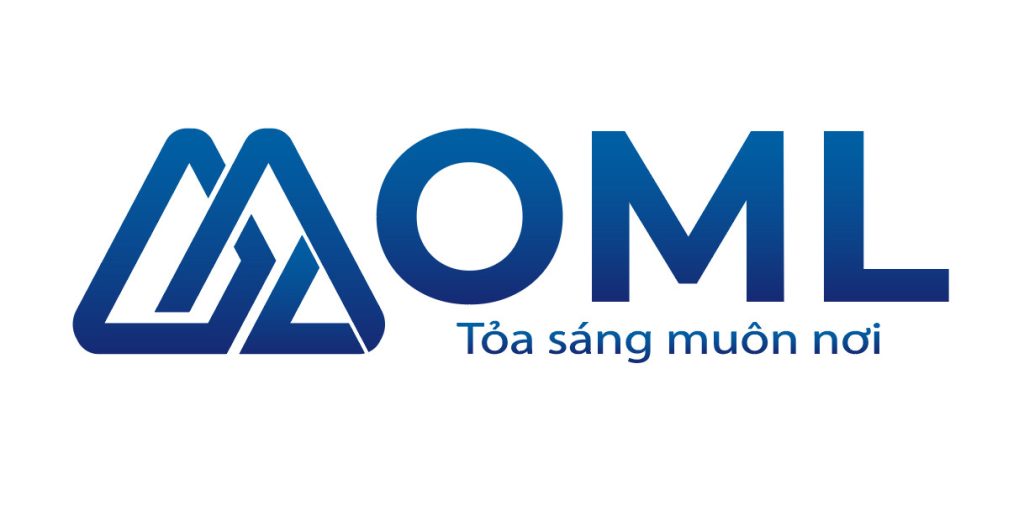Chưa được phân loại
How Compliance with Laws and Regulations Shapes the Game Development Process
The Crucial Role of Regulatory Compliance in Casino Game Development
When it comes to creating games for casinos, slot machines, or online gambling platforms, there is more at play than just aesthetics and gameplay mechanics. The process of game development must also take into account a complex web of laws and regulations that govern the gaming industry. Compliance with these rules is not only essential for site avoiding fines and penalties but also for ensuring that games are fair, secure, and enjoyable for players.
Understanding the Regulatory Framework
In order to create games that meet regulatory requirements, game developers must first understand the relevant laws and regulations in different jurisdictions. This involves researching and staying up-to-date with changes to legislation, as well as collaborating with experts who specialize in gaming compliance. Some of the key areas of regulation include:
- Licensing and certification : Many countries require games to be certified by a recognized testing laboratory, such as eCOGRA or TST.
- Game fairness : Games must be designed to ensure that players have an equal chance of winning, and that outcomes are genuinely random.
- Player protection : Games must include features that prevent problem gambling, such as deposit limits and self-exclusion mechanisms.
- Data security : Games must protect player data from unauthorized access or disclosure.
Incorporating Compliance into the Game Development Process
To ensure compliance with regulatory requirements, game developers must integrate compliance considerations into every stage of the game development process. This includes:
- Game design : Developers must consider how games will be played and won, as well as how player data will be collected and stored.
- Technical development : Developers must ensure that games are built using secure coding practices and that all technical requirements are met.
- Testing and quality assurance : Games must undergo rigorous testing to ensure that they meet regulatory standards and are free from defects.
The Benefits of Compliance
While compliance may seem like a tedious or even costly process, it has numerous benefits for game developers and players alike. Some of the key advantages include:
- Improved player trust : When games are designed with fairness and security in mind, players are more likely to feel confident in their ability to play safely.
- Reduced risk of fines and penalties : By staying compliant with regulatory requirements, game developers can avoid costly fines and penalties.
- Increased efficiency : Compliance helps streamline the game development process by eliminating the need for costly rework or remediation.
Challenges and Opportunities
While compliance is essential in casino game development, it also presents some challenges and opportunities. Some of these include:
- Staying up-to-date with changing regulations : The gaming industry is subject to frequent changes in legislation and regulation.
- Collaborating with regulators and experts : Game developers must work closely with regulatory bodies and compliance specialists to ensure that games meet all requirements.
Conclusion
Compliance with laws and regulations is a crucial aspect of casino game development. By incorporating compliance considerations into every stage of the game development process, game developers can ensure that their games are fair, secure, and enjoyable for players while also reducing the risk of fines and penalties.
